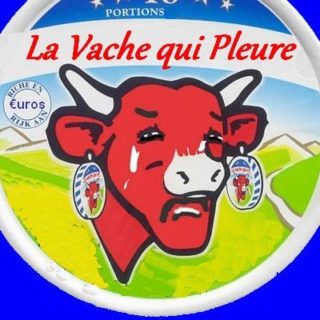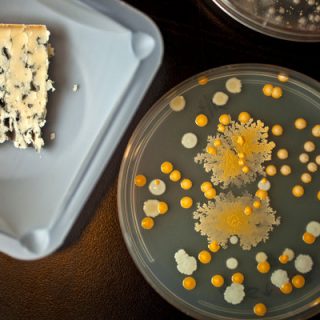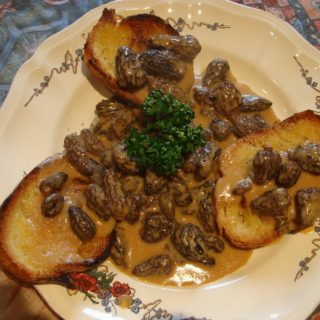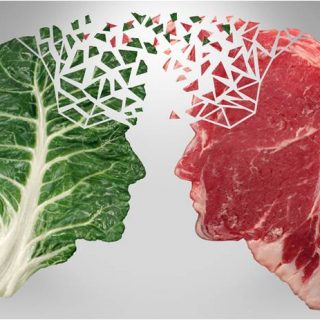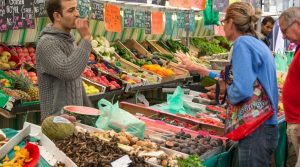
Tuesday 24 January 2017 at 5pm : ISCC (20 rue Berbier-du-Mets 75013 Paris Métro 7 Les Gobelins)
Anglo-American geographers are developing the concept of “foodscapes” in order to place food at the center of urban life. By conceptualizing the emergent, social, relational, and political nature of food, we see how cities are mapped and structured through practices of everyday food production, provision and consumption. Farmers’ markets, school cafeterias, urban farms: These are just a few of the food sites that provide not only nutrition, but also purpose, solace and a sense of belonging. Spaces such as food banks and community food centres are essential to understanding the politics of exclusion for marginalized urban populations; they enable strategies of everyday food provisioning that are also imbued with political potential.
If the city “corpus” is also a body that feeds and is fed by the human bodies that inhabit it; how can questions of food security and food justice in turn inform the creation of safer and fairer cities? Though case-studies from Vancouver and Montreal in Canada, and most recently from Paris, Melora Koepke explores the promise of “foodscapes” through urban geography and beyond.
Melora Koepke, Simon Fraser University, Vancouver, Canada and Visiting scholar at the Food 2.0 LAB, Paris.





